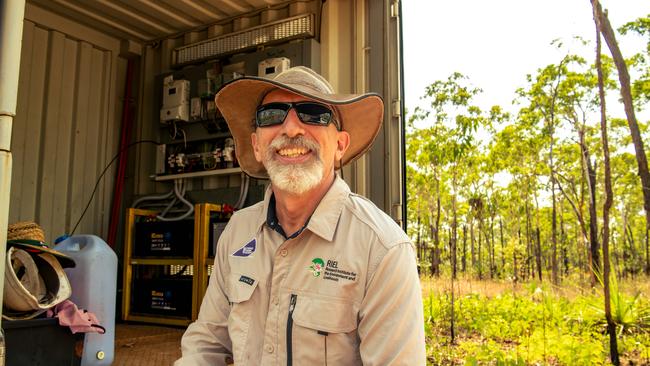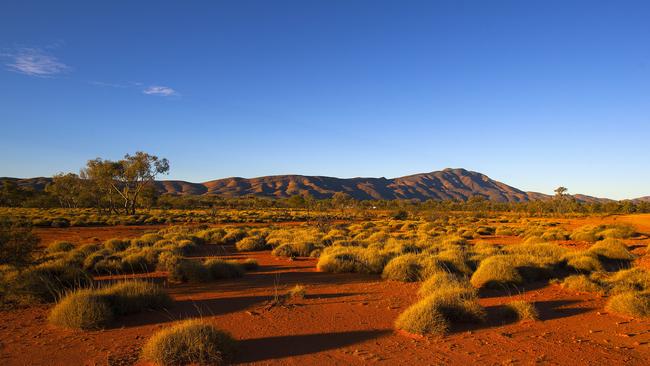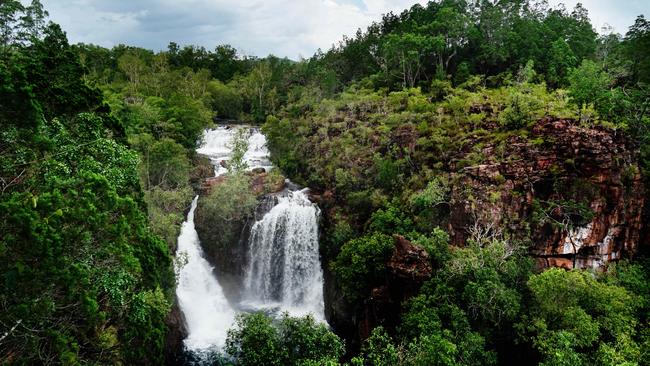A Territorian is climbing towers across the state for science
A Territorian is playing an important part in a world wide study about the changing climate and its impact on the environment, by climbing towers and battling ant nests.
News
Don't miss out on the headlines from News. Followed categories will be added to My News.
A Territorian tower climber is playing an important part in a world wide study about the changing climate and its impact on the environment.
For close to 15 years Charles Darwin University’s Matthew Northwood has been scrambling to the top of towers in some of NT’s most remote areas to collect data for a global study that is taking place at 600 sites across the globe.

The data being collected measures the fluctuations in carbon, water vapour, wind and vegetation in ecosystems to help better understand climate and greenhouse gases and predict future risks.
Australia ranks number 98 out of the top 100 hottest countries on earth, but is the highest ranked involved in the study making the data gathered vital.
Mr Northwood said the data he has been collecting comes from right across the territory and is“invaluable” for the program and for predicting future environmental patterns in Australia.
“These flux towers all measure environmental changes in hot savanna ecosystems, and we have the equivalent of about 90 years’ worth of data,” he said.
“We are currently monitoring five towers across a 1000 mm rainfall gradient in the NT, from Howard Springs, Litchfield National Park to Elliot in both natural and agricultural systems.”

The site in Litchfield National Park, that has been in operation since 2015, is of particular importance, listed as a Savanna SuperSite.
“This data provides a unique insight into how the climate is warming not just in Australia, but in similar high temperature savanna environments around the world, so we can get an idea of what to expect with future climate change,” Mr Northwood said.
“The Savanna SuperSite allows us to calibrate a model of what the vegetation is doing in terms of respiration and CO2.
“That information validates satellite operations and equipment used by the ESA and NASA to remotely detect CO2 emissions and ecosystem stress.”

Some issues for a job of climbing towers in the middle of the outback, range from wildfires, lightning damaging equipment, trees falling across wires, not to mention the odd ant nest in the tower.
But Mr Norwood said it's a job that he loves.
“The thing I most enjoy is the diversity of my job,” he said
“I’m climbing above the canopy to adjust sensors one day to collaborating with CDU TAFE staff in metal fabrication for this and other projects for the Research Institute for the Environment and Livelihoods the next.
“Everyday is different.”




